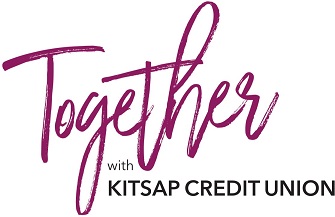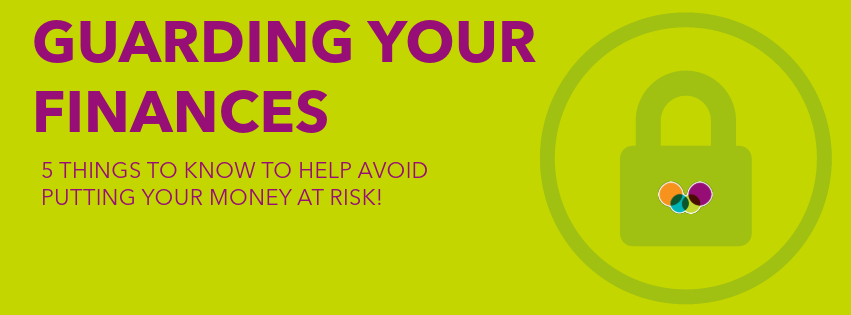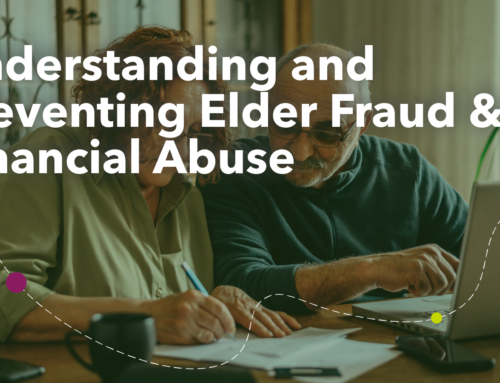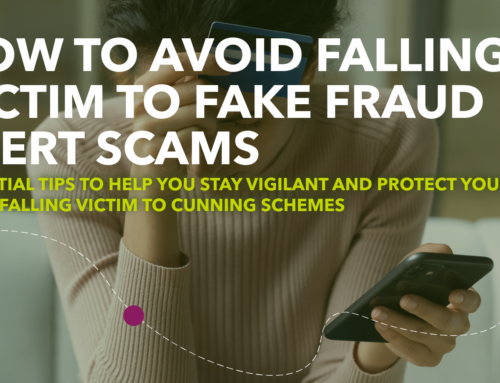Guarding Your Finances: Dodging Scams
In today’s digital world, online banking makes life easier, but it also brings new challenges like spoofing and phishing scams that can put your money at risk. Let’s break it down to help you recognize and avoid these tricky schemes.
-
What’s Spoofing?
Spoofing is when tricksters pretend to be your Kitsap Credit Union to fool you. They might send texts or calls claiming there’s a problem with your account. These texts or calls may even appear to be from Kitsap Credit Union. If you reply or call the number they give you, you could end up talking to a scammer.
-
Watch Out for Phishing:
Phishing is another way scammers try to steal your sensitive info, like passwords or credit card details. They might use fake emails or messages that look real to get you to spill the beans.
-
Signs Something’s Fishy:
- Urgent Messages: Be skeptical of messages saying there’s an urgent issue with your account, especially if you didn’t start the conversation.
- Generic Greetings: We use your name. If they’re saying “Dear Customer,” it might be fishy.
- Strange Requests: We won’t ask for secret stuff like account numbers, user names or passwords in unexpected messages or calls.
-
Keeping Your Guard Up:
- Check with us: If something seems off, don’t hesitate to call us using the official contact details to double-check.
- Extra Protection: Turn on two-factor authentication for an added layer of security when you log into your online banking, and NEVER give out your two-factor authentication code.
- Stay Informed: Learn about the latest scams to stay one step ahead of the bad guys.
-
Speak Up If Something’s Off:
If you ever get a suspicious message or call, report it to us right away. We can help you and take action to stop more scams.
Remember, we won’t ask for secret info out of the blue. Stay alert, know the basics, and share this info with your pals and family to make online banking safer for everyone. We can outsmart these scammers and keep your money safe together!
For additional information on ways to protect yourself, visit the Fraud and Security Resources page on our website!






